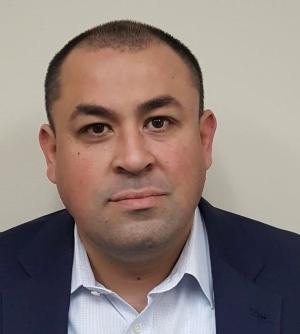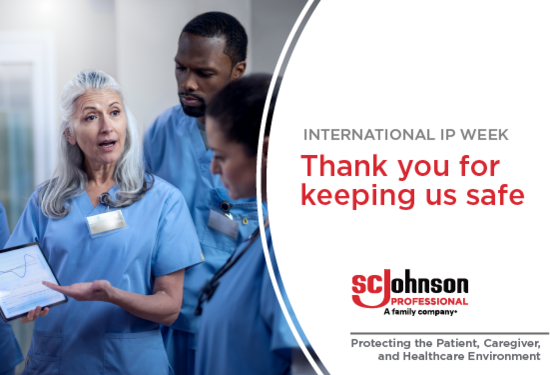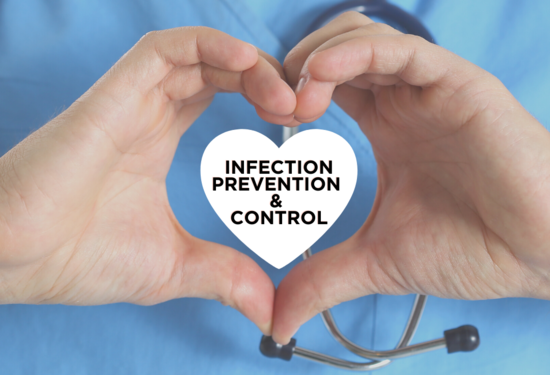SC Johnson Professional Recognizes Javier Layna for Environmental Services Week 2022
By SC Johnson Professional Healthcare
Environmental Services Week, Sept. 11 – 18, is a time to recognize the hard work of EVS personnel who provide clean and safe spaces for hospital patients, families, doctors, nurses and others. EVS workers often go unrecognized for their efforts to protect people from dangerous pathogens. To honor these individuals, SC Johnson Professional sat down with Javier Layna, Director of Environmental Services for Dignity Health, to learn more about his role and perspective on the future of Environmental Services.

Environmental Services: Integral to Every Hospital
Javier manages the EVS operations of a 274-bed hospital in California. He collaborates with Infection Prevention to ensure proper practices are in place to keep both patients and staff safe. He oversees a team of 80+ EVS staff deployed across the hospital. Javier is passionate about Environmental Services and says you can’t operate a hospital without it.
“EVS is like nursing in that we are part of a care team,” Javier said. “We are there before and after the patient, killing organisms and bacteria in rooms and ensuring the room is safe and ready for a patient to enter.”
Javier’s career in EVS began more than 20 years ago. When Javier was younger, he worked as an orderly which sparked his passion for a career in healthcare. He looked for careers within a hospital and landed upon EVS by chance. Javier had a friend who was a district manager for an EVS company who offered him a position as a director.
“I discovered quickly that I really liked the job,” Javier said. “At first you think you’re a janitor or a cleaner, but you realize you are much more. We interact with patients, families, doctors, nurses and staff at every phase of their journey throughout the hospital. I really like the engagement and impact we can have.”
Pride in Work, Appreciative of Recognition
When it comes to his daily work, Javier takes the most pride in impacting patient satisfaction and appreciates it when patients and staff praise the EVS department.
“During the pandemic, the public was big on thanking doctors and nurses. However, we forgot about Environmental Services and other ancillary departments,” Javier said. “I really get happy and love seeing my team being recognized for their hard work and efforts to help keep people safe.”
Javier said the pandemic presented numerous challenges for his department but also changes for the better.
“When the pandemic first started, everything was in disarray. We put up barriers on the floors isolating COVID patients and were just learning how contagious COVID was,” Javier said. “As a result, we increased staff training and people became extremely diligent with hand sanitizing and washing, which is a positive.”
Javier also said that limiting the number of visitors patients could see during the pandemic had a negative impact on some patients’ spirits.
“COVID is an infection where you may be isolated to keep others safe,” Javier said. “We are sometimes the only faces these patients may see on a daily basis, so we try to bring their spirits up.”
Overcoming Today’s Challenges
Today’s labor shortage is another challenge Javier is working to overcome. He says his team is typically 10-18% short staffed at any given time.
“With a smaller team, deployment of personnel is crucial,” Javier said. “We’ve identified the most critical areas to clean first, like patient rooms. We will pull staff from cleaning non-essential areas to clean these spaces first.”
Javier sees a bright future for EVS and believes the certifications and initiatives being put into place by the CDC and other regulatory bodies will help to further elevate the profession. He also has one piece of advice for anyone considering entering EVS.
“Don’t think you are taking a low-level position,” Javier concluded. “EVS is a very important profession with lots of room for growth. Healthcare is not going anywhere. This is a stable career, and you are impacting many people throughout the hospital.”
Return to news


